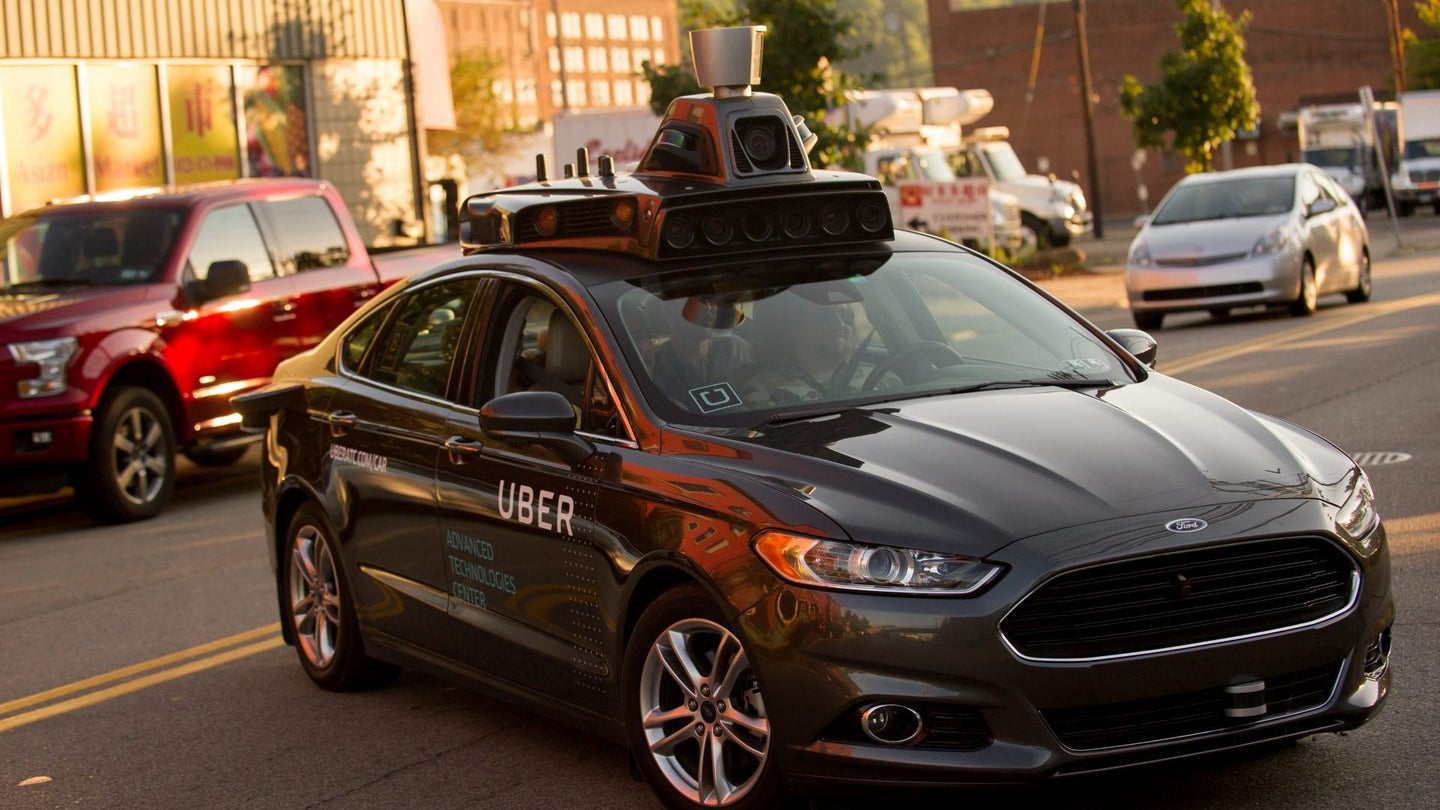New York Will Accept Applications for Self-Driving Car Tests
Autonomous cars could soon be cruising the streets of the Big Apple.

New York is moving ahead with plans to allow testing of self-driving cars on public roads. After passing a budget with language that removed restrictions on autonomous vehicles, the state Department of Motor Vehicles is now accepting applications from companies that want to bring cars to the Empire State.
For now, autonomous-car testing has only been approved as a one-year pilot program; the relevant law expires April 1, 2018. Companies submitting applications must also meet certain requirements, including ensuring their vehicles meet all applicable state and federal safety standards, and carrying a $5 million insurance policy for each test vehicle. A licensed human driver must be behind the wheel at all times.
New York joins a small cadre of states that have explicitly legalized the testing of self-driving cars on public roads. Autonomous vehicles were not previously illegal-per-se in these states, but companies wanted the legal situation clarified in order to limit the risk of lawsuits. In exchange, states that support autonomous-car testing can potentially attract jobs from automakers and tech companies.
Opening the regulatory gates to autonomous-car testing in New York introduces an interesting possibility: Will any company decide to try out its self-driving cars on the streets of New York City? With some of the most challenging driving conditions in the country, the Big Apple could be the ultimate test for self-driving cars. As the line goes, if they can make it there, they can make it anywhere.
California remains the hub of autonomous-car development, although other states have managed to attract testing programs of their own. The University of Michigan built a simulated city purely for self-driving cars, and local automakers Ford and General Motors are conducting testing programs there. Several companies, including GM's Cruise Automation subsidiary, Waymo, and Uber, are also testing in Arizona. The ride-sharing company also testing cars in San Francisco and Pittsburgh.
For now, self-driving car regulations are more about companies getting the freedom to do what they want, and state governments looking for ways to attract jobs and get ahead of new technology. But it will be interesting to see how these regulations evolve should self-driving cars move beyond the prototype phase and really do become available to the public. Regulations may actually prove to be as difficult an issue as developing the actual technology.
